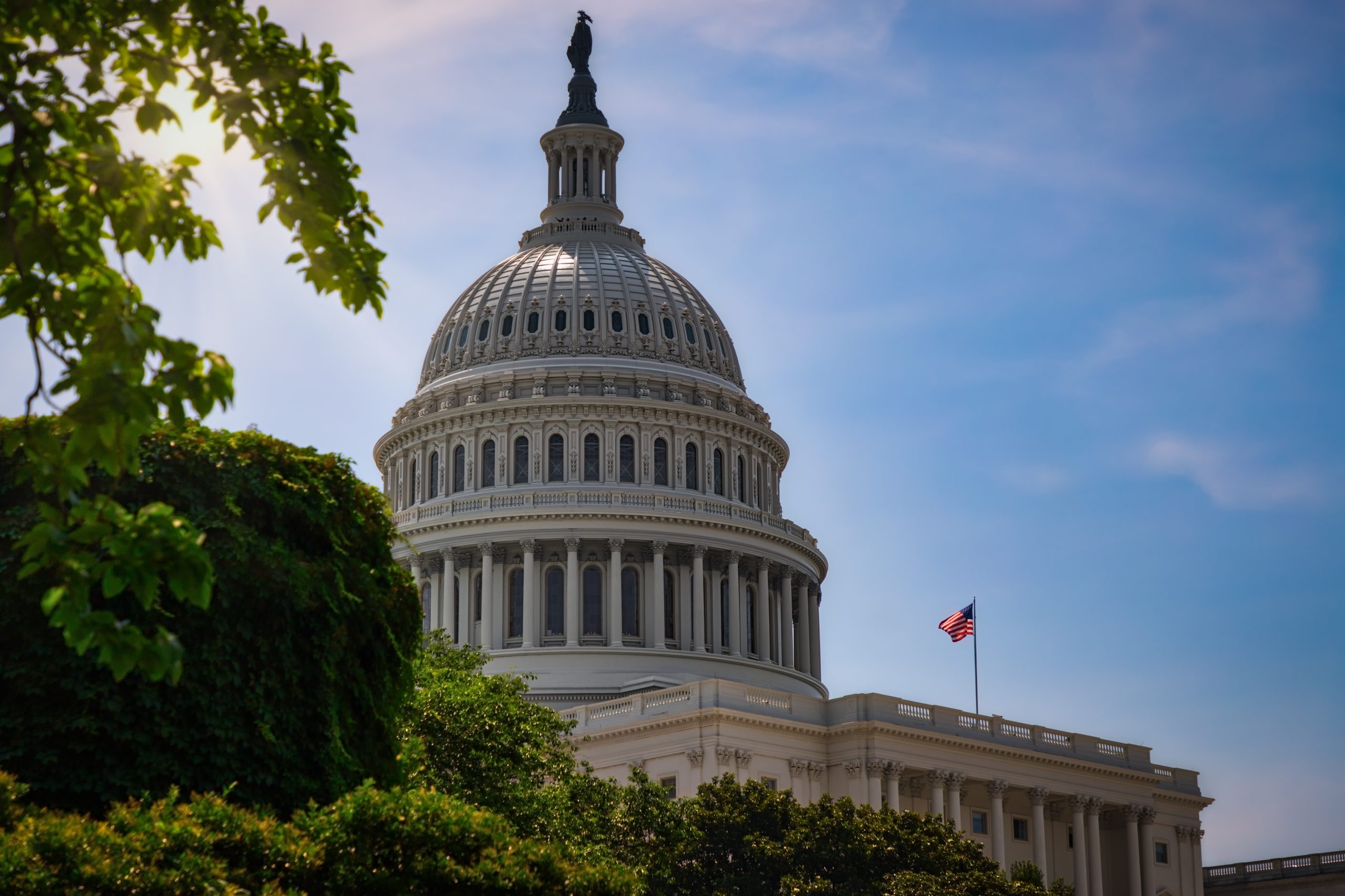Impact of Key Provisions of Congress’ Bill that Ended the Government Shutdown for Vulnerable Populations
November 21, 2025 | Cathryn Reher
Our Estate Planning Department works with persons with disabilities of all ages who are accessing government benefits to help pay for long-term services and supports. The government shutdown was very scary for those dependent on government benefits. Thankfully, the government shutdown has ended due to Congress passing a law signed November 12, 2025. Some of the provisions in this law will impact our most vulnerable populations. A few of the more important changes are discussed below.
Medicare and Medicaid Payments
Medicare and Medicaid usually keep running even during a shutdown. But a very long shutdown could have stopped payments to doctors or kept states from getting the money they need. This would have made it hard for people to get care. The reopening of the government avoids this.
Health Insurance Costs May Go Up
A special kind of discount called an enhanced premium tax credit that helped people pay for health insurance will end on December 31, 2025. Many people who buy insurance through the Affordable Care Act Marketplace may have to pay a lot more—especially people with middle incomes. Families with tight budgets may want to wait until closer to the deadline so they can compare plans and pick the best one. Congress could still bring back these discounts, but doing so now would be confusing because open enrollment has already started. If Congress changes the rules, people might get extra time to switch plans.
Food Help: SNAP
SNAP (food stamps) will receive $107.5 billion to run the program in 2026. This is $14.9 billion less than last year. However, the amounts allocated will fund the program for a while. People who get SNAP can be sure their food benefits will not be cut because of government spending fights—at least until September 30, 2026. Persons receiving SNAP benefits may not see their benefit right away as it will take time for states to restart all benefits.
Medicare Telehealth Extension
Medicare will keep paying for telehealth (virtual doctor visits) until January 30, 2026. People on Medicare can keep seeing their doctors by phone or video call. Without this rule, Medicare telehealth would have been much more limited. Medicare will also pay for telehealth visits that happened during the government shutdown (October 1 to November 12, 2025). People should wait before paying any bill for a telehealth visit so doctors have time to send claims to Medicare.
VA Low-Income Housing
The VA can now spend up to $660 million in 2026 (up from $420 million) in part to help very low-income veteran families find and keep stable housing.
Community Health Centers
The law gives $1.4 billion to community health centers to stay open through January 30, 2026. These centers give important healthcare, especially in small towns and rural areas, along with supportive services like rides, translation, food, and other needs. Without this funding, many centers could have closed, hurting people who depend on them.


